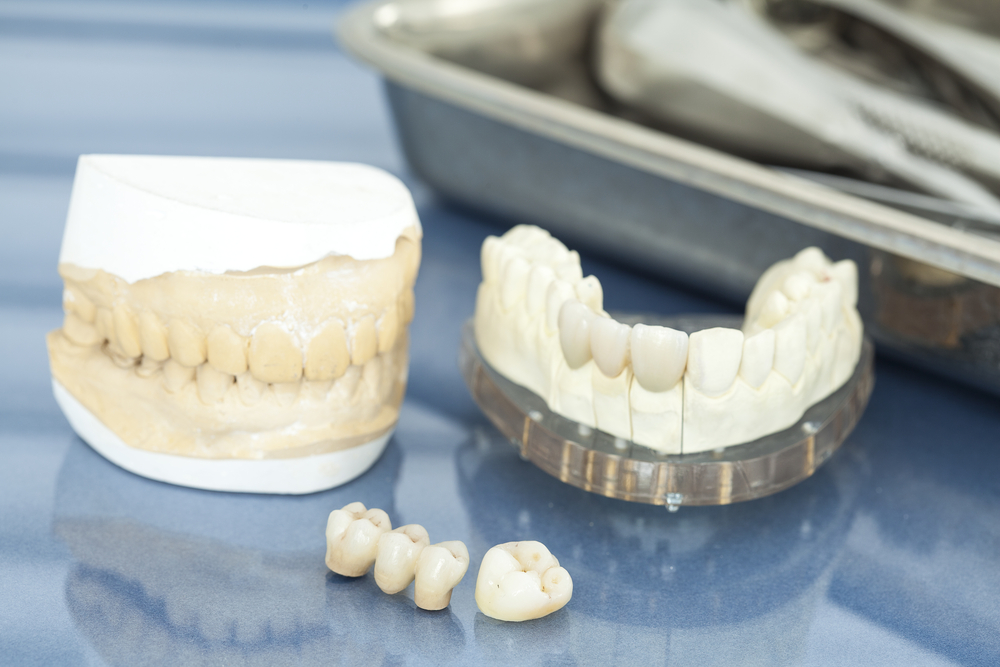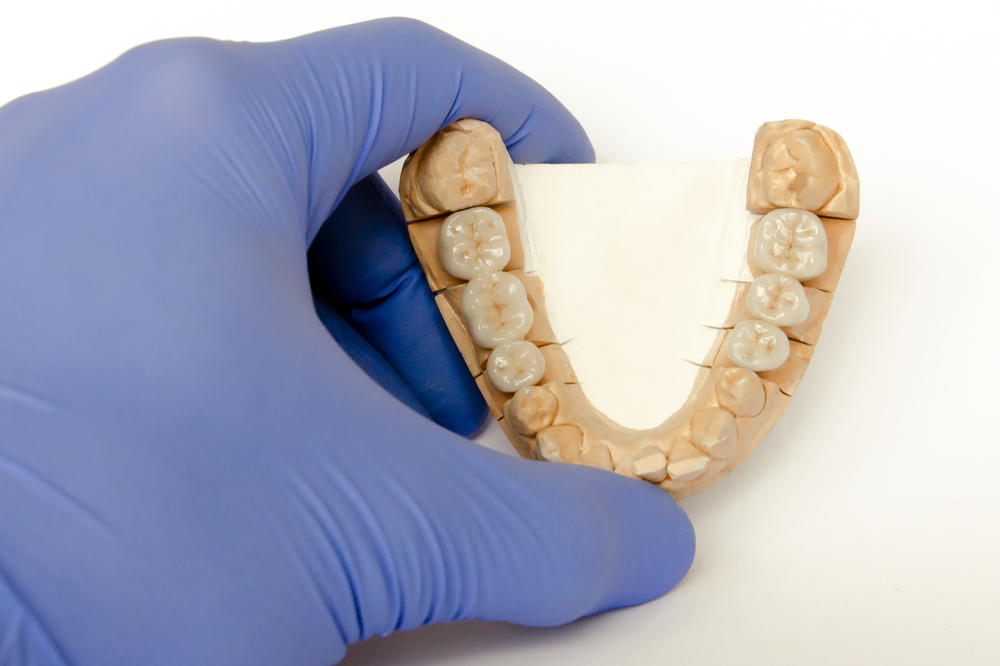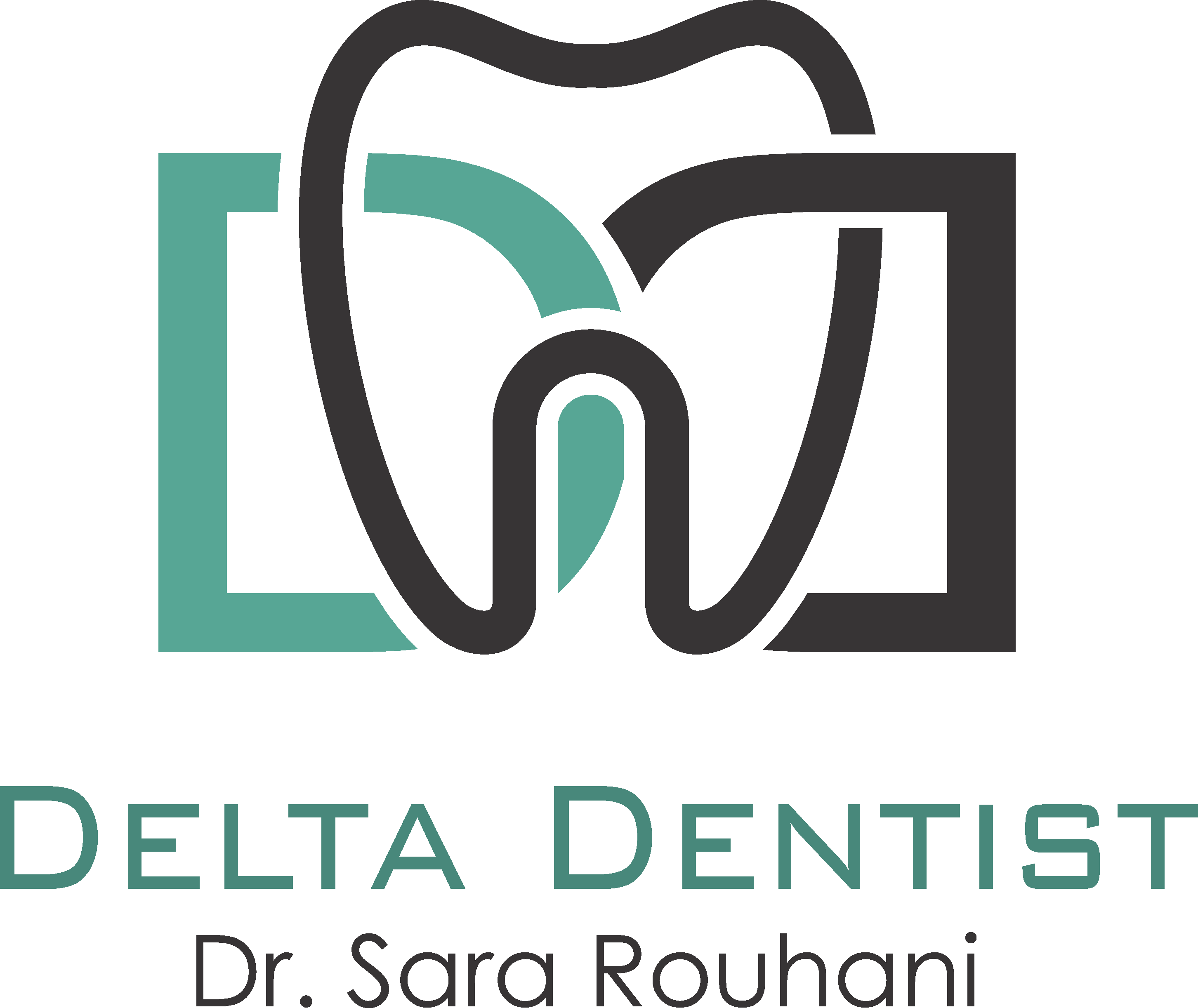Working Time
- Mon – Tue 08:00 – 17:00
Wed Closed
Thurs 08:00 – 17:00
Fri Closed
Sat Closed
Sun Closed
Contact Info
Ask the Experts
Dental Crowns

Dental crowns play a crucial role in modern dentistry, offering a reliable and effective solution for a wide range of dental issues. Whether it’s restoring a damaged tooth, strengthening a weakened tooth, or enhancing the appearance of a smile, dental crowns have become a go-to option for dental professionals and patients alike.
When it comes to choosing a dental provider for your dental crown needs, Delta Dentist stands out as a trusted and reliable partner. Using state-of-the-art technology and innovative techniques, Delta Dentist combines expertise with compassion, creating a comfortable and stress-free environment for their patients. Whether you require a single dental crown or a full smile makeover, Delta Dentist’s dedication to excellence makes them the ideal choice for your dental crown journey.
Who Can Avail for Dental Crowns
Dental crowns are versatile restorative dental treatments that can benefit individuals facing a range of dental issues. Whether you have a damaged tooth, a weak tooth that requires reinforcement, or simply wish to enhance the appearance of your smile, dental crowns may be the ideal solution.
- Tooth Decay: When tooth decay extends beyond what a dental filling can effectively repair, a dental crown can restore the tooth’s structure and functionality.
- Cracked or Fractured Teeth: Teeth that are cracked or fractured, but still viable, can be strengthened and protected with dental crowns.
- Root Canal Treatment: After undergoing root canal therapy, a dental crown is often placed over the treated tooth to provide strength and protection.
- Large Fillings: Teeth with large fillings that compromise their structure may benefit from dental crowns, which reinforce and safeguard the tooth.
- Misshapen or Discolored Teeth: Dental crowns can improve the appearance of teeth that are severely misshapen, discolored, or have undergone significant cosmetic alterations.
- Tooth Wear: Teeth that have suffered excessive wear due to grinding or erosion can be restored and protected with dental crowns.
By addressing various dental conditions, including tooth decay, cracks, discoloration, and wear, dental crowns offer a versatile solution for restoring both the form and function of your teeth. Consult with a dental professional to assess your eligibility and explore how dental crowns can help you achieve a healthy and radiant smile.
How Dental Crowns Work
Understanding the step-by-step process of a dental crown procedure can help alleviate any concerns and provide clarity about what to expect during your treatment.
Step 1: Initial Consultation and Examination
The dental crown procedure typically begins with an initial consultation and examination. Here’s what to expect during this stage:
- Evaluation: Your dentist will examine the affected tooth and surrounding oral structures to assess the extent of damage or decay and determine if a dental crown is the most suitable treatment option.
- Discussion: You will have an opportunity to discuss your dental concerns, goals, and expectations with your dentist. They will explain the benefits and potential risks of the procedure, answer your questions, and address any apprehensions you may have.
Step 2: Tooth Preparation
Once you have decided to proceed with a dental crown, the next step involves preparing the affected tooth for crown placement:
- Numbing: To ensure your comfort during the procedure, a local anesthetic will be administered to numb the area surrounding the tooth.
- Tooth Reshaping: Your dentist will carefully reshape the tooth by removing a small amount of enamel from its surface. This step is necessary to create space for the crown and ensure a proper fit.
- Impressions: Impressions of your prepared tooth will be taken using dental putty or digital scanning technology. These impressions serve as a mold for the fabrication of your custom-made dental crown.
Step 3: Temporary Crown Placement (if necessary)
In some cases, a temporary crown may be placed while your permanent crown is being fabricated. Here’s what happens during this stage:
- Temporary Crown Creation: Using the impressions of your prepared tooth, a temporary crown is created to protect the tooth until your permanent crown is ready.
- Temporary Crown Placement: The temporary crown is securely placed over the prepared tooth using temporary cement, ensuring functionality and aesthetics until your next appointment.
Step 4: Crown Fabrication and Customization
While your temporary crown is in place, your permanent crown will be meticulously fabricated in a dental laboratory. The steps involved in this process include:
- Impression Delivery: The impressions of your prepared tooth are sent to a dental laboratory, where skilled technicians use them as a guide to create your permanent crown.
- Material Selection: Your dentist and the dental laboratory will determine the most suitable material for your dental crown, considering factors such as durability, aesthetics, and your specific dental needs.
- Customization: The dental laboratory will customize your crown, taking into account factors such as color, shape, and size, to ensure it seamlessly blends with your natural teeth.
Step 5: Final Crown Placement
Once your permanent crown is ready, it’s time for the final placement. This involves the following steps:
- Crown Try-in: Your dentist will carefully place the permanent crown over your prepared tooth to assess its fit, appearance, and alignment with neighboring teeth. Adjustments will be made if necessary.
- Crown Bonding: Once the crown fits perfectly, it will be bonded to your tooth using dental cement. Any excess cement will be removed, and your bite will be checked to ensure proper alignment.
- Polishing and Final Touches: The crown will be polished to a natural shine, and your dentist will make final adjustments to ensure optimal comfort and aesthetics.
From the initial consultation to the final placement of your crown, your dentist will guide you through the process, ensuring your comfort and satisfaction.

Benefits of Dental Crowns
Dental crowns offer a multitude of benefits that extend beyond restoring the structure of a damaged tooth. From enhancing functionality and improving appearance to increasing durability, dental crowns are a versatile and effective solution for various dental concerns.
Enhanced Functionality
Dental crowns provide several functional benefits that contribute to improved oral health and overall well-being:
- Restored Tooth Structure: Dental crowns restore the shape, size, and strength of a damaged or decayed tooth, allowing it to function optimally during biting and chewing.
- Protection: Crowns provide a protective barrier against further damage, shielding the underlying tooth from decay, fractures, and wear.
- Stability and Comfort: By improving the alignment and bite relationship, dental crowns promote stability and comfort while eating and speaking.
Improved Appearance
In addition to functional advantages, dental crowns offer remarkable aesthetic benefits, enhancing the appearance of your smile:
- Natural-Looking Results: Dental crowns are custom-made to match the color, shape, and size of your natural teeth, ensuring a seamless and natural-looking smile.
- Enhanced Tooth Color: Crowns can be crafted from materials that mimic the translucency and shade of natural teeth, effectively concealing discoloration and stains.
- Cosmetic Corrections: Dental crowns can address a variety of cosmetic concerns, such as misshapen teeth, gaps, and minor misalignments, resulting in a more harmonious and attractive smile.
Increased Durability
Dental crowns are renowned for their durability, providing long-lasting solutions for dental restoration:
- Strong and Resilient: Crowns are fabricated from durable materials, such as porcelain-fused-to-metal or ceramic, which can withstand the forces of biting and chewing.
- Longevity: With proper oral hygiene and regular dental care, dental crowns can last for many years, providing a reliable and sustainable dental restoration solution.
- Resistance to Stains: Unlike natural teeth, dental crowns are highly resistant to staining, allowing you to enjoy a vibrant and stain-free smile.
The benefits of dental crowns extend far beyond restoring the structure of a tooth. Whether you need to repair a damaged tooth, improve the alignment of your smile, or enhance its aesthetics, dental crowns can provide transformative results, restoring your oral health and boosting your confidence.
Why Choose Delta Dentist for Dental Crowns
When it comes to your dental crown needs, choosing the right dental provider is paramount. Delta Dentist stands out as a trusted and reputable choice, offering a range of compelling reasons to entrust us with your oral health.
Expertise and Professionalism
At Delta Dentist, you can expect top-notch dental care delivered by highly skilled professionals with extensive expertise in restorative dentistry. Our expertise ensures precision and excellence in every aspect of your treatment.
Advanced Technology and Techniques
We utilize state-of-the-art technology, including digital imaging, CAD/CAM technology, and digital impressions, to provide superior dental care. These advanced tools enable accurate diagnosis, precise treatment planning, and the creation of custom-designed dental crowns for optimal fit and aesthetics.
Patient-Centric Approach
At Delta Dentist, you are our priority. We offer a patient-centric approach to dental care, taking the time to listen to your concerns, assess your oral health needs, and create personalized treatment plans tailored to your specific requirements. We maintain clear and open communication, ensuring you are well-informed and comfortable throughout your dental crown journey.
Frequently Asked Questions
Dental crown procedures are typically not painful due to the use of local anesthesia to numb the area. However, some patients may experience mild discomfort or sensitivity during the tooth preparation process.
After the procedure, any discomfort can usually be managed with over-the-counter pain relievers. Your dentist will ensure your comfort throughout the procedure and provide appropriate pain management options.
The longevity of dental crowns depends on various factors, including oral hygiene practices, regular dental care, and the material used for the crown. On average, dental crowns can last between 10 to 15 years, or even longer with proper care.
Maintaining good oral hygiene, such as brushing twice a day, flossing daily, and attending regular dental check-ups, will help extend the lifespan of your dental crown.
Yes, dental crowns are designed to withstand normal biting and chewing forces, allowing you to eat normally. However, it is important to avoid biting down on extremely hard objects, such as ice or hard candies, as they can potentially damage the crown.
Additionally, if you have temporary crowns, your dentist may recommend avoiding sticky or hard foods until the permanent crown is placed.
Yes, dental crowns can be placed on front teeth to address various cosmetic concerns, such as discoloration, misalignment, or shape irregularities. Porcelain or ceramic crowns are often used for front teeth, as they provide a natural and aesthetically pleasing appearance.
The cost of dental crowns can vary depending on factors such as the material used, the complexity of the case, and the geographic location. Generally, dental crowns can range in cost from a few hundred to several thousand dollars per tooth. It is recommended to consult with your dentist for a personalized treatment plan and cost estimate.
The number of visits required for a dental crown can vary depending on the specific case. In general, the process involves two visits. During the first visit, the tooth is prepared, impressions are taken, and a temporary crown is placed.
The second visit involves the removal of the temporary crown and the placement of the permanent crown. However, some dental practices may offer same-day crown options using advanced CAD/CAM technology, which can eliminate the need for a second visit.
In some cases, you may experience temporary gum sensitivity after getting a dental crown. This sensitivity is usually mild and should subside within a few days to a week. Maintaining good oral hygiene and using a desensitizing toothpaste can help alleviate any discomfort. If the sensitivity persists or worsens, it is advisable to contact your dentist for further evaluation.
Unlike natural teeth, dental crowns cannot be whitened using traditional teeth whitening methods. Once the crown is in place, the color is permanent. If you are considering teeth whitening, it is recommended to discuss your options with your dentist before getting dental crowns to ensure a uniform and harmonious smile.
Caring for dental crowns is similar to caring for natural teeth. It is important to maintain good oral hygiene practices, including brushing twice a day with a soft-bristled toothbrush, flossing daily, and using antimicrobial mouthwash. Regular dental check-ups and cleanings are also essential to monitor the condition of your dental crown and ensure its longevity.
While it is rare for a properly fitted dental crown to fall off, it can happen in some cases. Poor oral hygiene, tooth decay, or underlying tooth damage can compromise the integrity of the crown.
If a dental crown becomes loose or falls off, it is crucial to contact your dentist immediately. They can assess the situation and determine the best course of action, which may involve re-cementing the crown or fabricating a new one if necessary.
